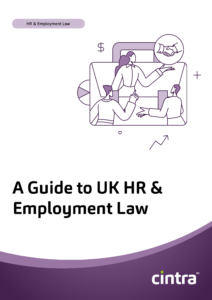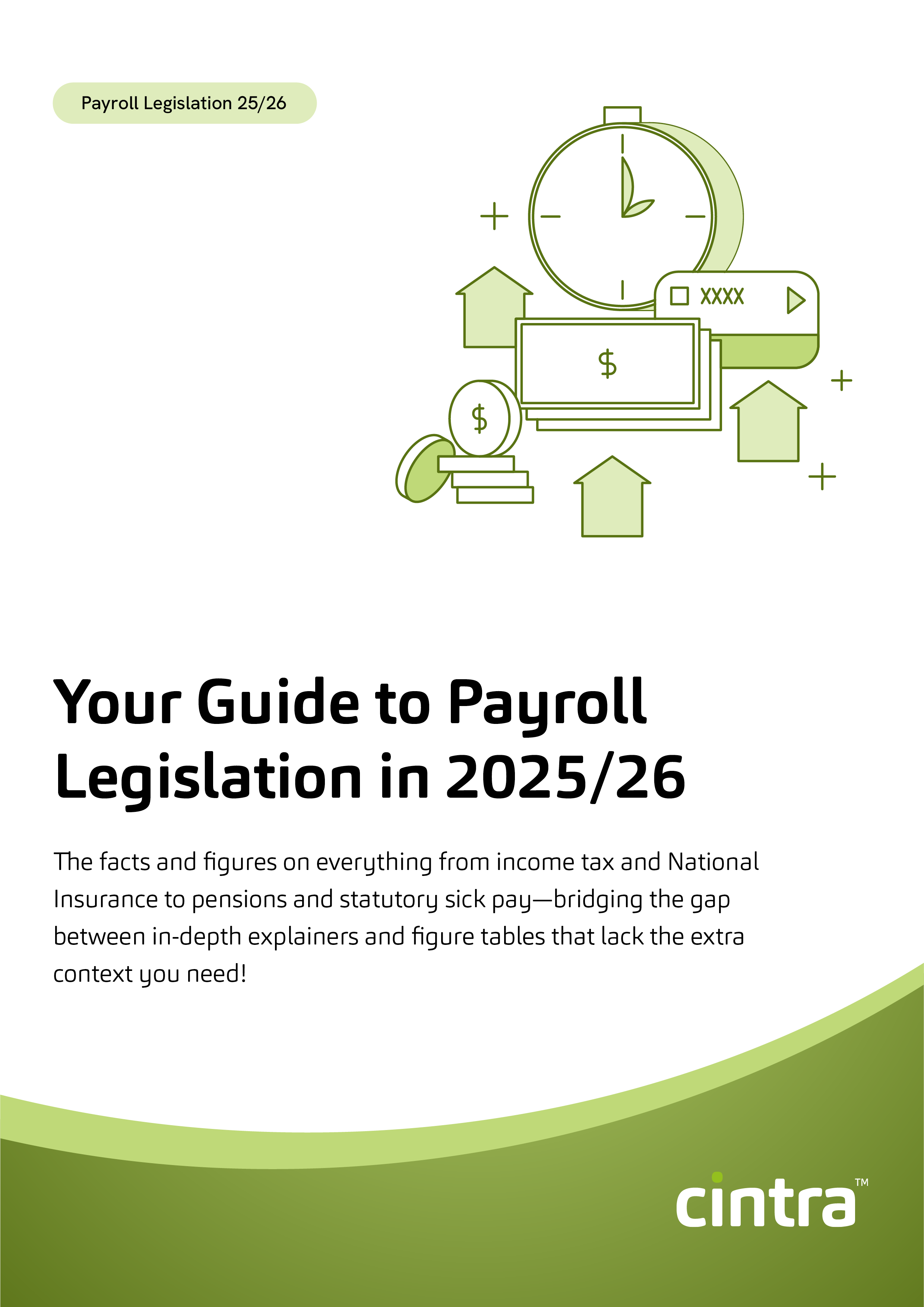When an employee leaves your business—whether through resignation, redundancy, or dismissal—you must provide them with the appropriate notice. This notice is based on either their employment contract or their statutory entitlement, whichever is greater. But if you want the employment to end straight away, you can choose to make a payment in lieu of notice (PILON) instead.
It might sound straightforward, but there’s a bit more to it. From understanding what PILON actually is, to how it’s calculated—and how it affects things like tax and pensions—it’s important to get the details right.
Let’s take a closer look.
What is pay in lieu of notice?
Pay in lieu of notice is a payment made to an employee when their employment ends without them being required to work their notice period. Instead of working through the notice, the employee receives a lump sum equivalent to the pay and benefits (if this is reflected in their contract of employment) they would have earned during that period. This allows the employment to end immediately, without breaching the terms of the employment contract.
What’s the difference between PILON and garden leave?
When managing an employee’s departure, there are a couple of common approaches to handling their notice period—PILON or garden leave. While they might sound similar, they serve different purposes and have distinct implications.
With PILON, you end the employee’s contract immediately but pay them what they would’ve earned during their notice period. There’s no requirement for them to work during that time—they receive a lump sum, and their employment officially ends right away. This can be useful when you need a clean break or want to remove someone from the business straight away.
Garden leave, on the other hand, keeps the employee on your payroll for the duration of their notice period—but they usually don’t come into work or carry out their normal duties. That said, because they remain under contract, you can still call on them to undertake work if needed. During this time, they continue to receive full pay and employee benefits. Garden leave is often used to restrict access to sensitive information or delay an employee from joining a competitor.
How to calculate PILON
Let’s say one of your team members is leaving, and you’ve decided not to have them work their notice period. Instead, you’re going to pay them in lieu of notice.
So how do you figure out what to pay?
Start by looking at their basic salary. Imagine their annual salary is £36,000—that works out to £3,000 a month. If their notice period is one month, they’d be entitled to £3,000 in pay in lieu of notice.
But it doesn’t always stop there. If their employment contract says PILON includes extras like a car allowance or pension contributions, those need to be added in too. So, if they get a £300 monthly car allowance, for example, that bumps the payment up to £3,300.
Also important: pay in lieu of notice is taxable (more on that to come). So, you’ll need to run it through payroll and make the usual payroll deductions for tax and National Insurance, just like you would for their regular pay.
Get the latest HR updates, straight to your inbox
Get the latest HR insights and best practice guides, direct to your inbox.
Is PILON taxable?
Yes, PILON is taxable.
Even though the employee isn’t working their notice period, HMRC still sees it as earnings they would’ve received if they had. So, it doesn’t matter whether the contract specifically allows for pay in lieu of notice or if it’s paid as a goodwill gesture—the tax treatment is the same.
Let’s say you’ve got an employee, Tom, who’s on £3,000 a month and has a one-month notice period. You decide to let him go immediately and pay him a lump sum of £3,000 instead of having him work that final month.
That £3,000 is treated just like normal salary—taxed and subject to National Insurance.
Now, if you pay more than just the basic pay—maybe an extra £5,000 as part of a wider settlement—then things get a bit more complicated. The amount that covers the notice period (known as post-employment notice pay or PENP) is taxed like normal earnings. Any additional amount counts as a termination payment, and the first £30,000 of that is tax-free, and not subject to employee NICs.
For example
Hannah is told she’s being dismissed with immediate effect. Her employment contract includes a clause for payment in lieu of notice, and she has a 90-day notice period. Her gross basic salary is £2,500 per month, and the previous pay period had 30 days. She’s paid a lump sum of £10,000.
To calculate her PENP, we take £2,500 × 90 ÷ 30, which gives us £7,500. This amount is treated as earnings and will be subject to tax and National Insurance contributions. The remaining £2,500 of the £10,000 payment is classed as a termination payment and falls within the £30,000 tax-free exemption—so it won’t be taxed.
Is PILON pensionable?
It’s a good question—and it’s one that comes up a lot. The short answer is: usually not.
In most cases, you’re not legally required to treat PILON as pensionable earnings or make pension contributions on it, unless your employment contract or pension scheme says otherwise. Even though pay in lieu of notice is classed as earnings, it doesn’t automatically trigger pension contributions like regular salaries do.
That’s why it’s a smart move to make things clear from the start. If your contracts spell out how PILON interacts with pensions, there’s less chance of confusion or disputes later on.
If you’re unsure, it’s best to check your employment contracts or get professional advice to make sure everything’s above board.
Do you need help managing PILON?
We know that handling pay in lieu of notice can be complicated—especially when you’re juggling legal requirements, contracts, and tricky conversations. That’s where our payroll services come in.
Whether you need help reviewing employment contracts, making sure you’re ticking all the legal boxes, or simply drafting a clear pay in lieu of notice, our expert HR outsourcing team are here to guide you through it.
Get in touch today to see how we can help.

HR & Employment Law Guide
Grab your accessible summary of guidance and insights about where HR practices meet employment law.
Download your buyers guide


